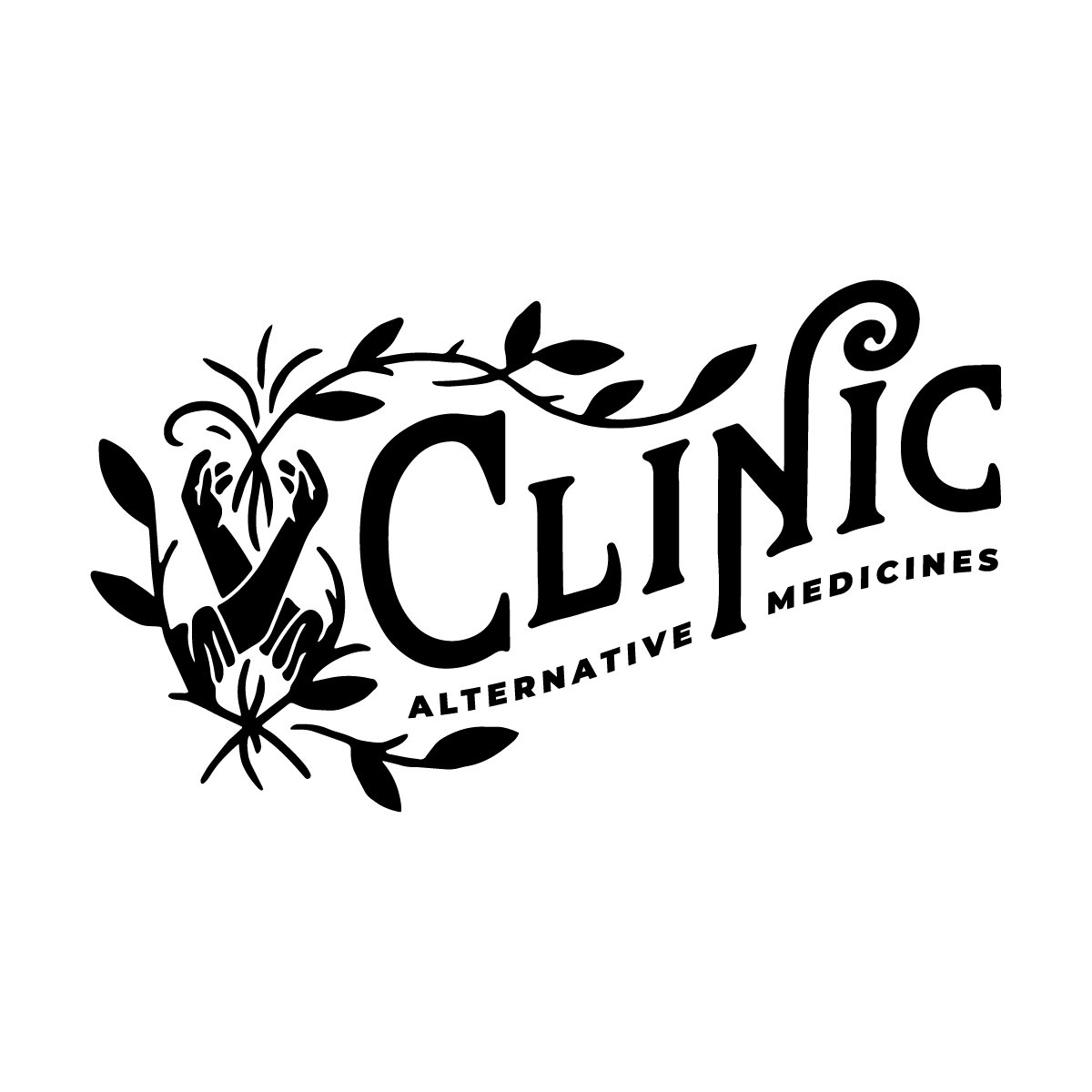We are building a ramp to show love for all bodies.
When I moved my practice to the Pioneer Valley, access was a top priority. I’m a queer, neurodivergent, non-binary person of color and I know what it feels like to navigate a world that wasn’t designed with me in mind. So it's always been essential that my practice centers the needs of marginalized communities with as few barriers to access as possible.
I looked all over for a place to make this possible, for somewhere that could meet the diverse needs of my community. I saw many spaces, and experienced many different ways a place could be inaccessible. From three story buildings with no elevator, buildings with a ramp to the front door but no accessible bathroom, and others that had doorways too narrow for wheelchairs and other mobility devices. I saw over and over the many ways our built environments prevent disabled people from navigating with ease.
When I finally found CLINIC it was a sigh of relief. After talking to Jen and hearing her dream of a fully accessible space that could serve a diverse community (and the concrete plans she had in place to make it happen) I knew I had found the right place for me.
In the months since I joined CLINIC I've seen Jen work tirelessly to make it a place for everyone. From widening doorways and adding an accessible bathroom, continuing to require masks and utilizing COVID-19 mitigation strategies to make it safer for our immunocompromised clients, to purposefully curating a diverse group of practitioners and a wide variety of healing modalities. The life changing, affirmative care we provide at CLINIC should be available to everyone and we need the support of our community to take this next step.
A ramp is important for so many reasons: it makes our space, our services, and our community more accessible to people with physical disabilities and mobility impairments. This accessibility doesn’t just help disabled people, it helps us all. It helps us create an environment that enables everyone to participate and contribute fully. It acknowledges that all bodies are different, we all have unique needs, and we all deserve for our needs to be met.
I invite you to help us move towards a more connected, inclusive space. A space where we reject ableism and we don’t participate in the isolation of disabled communities. Where we can all show up to CLINIC as whole and connected people, be in community with each other, and receive the benefits of the transformative work we do.


